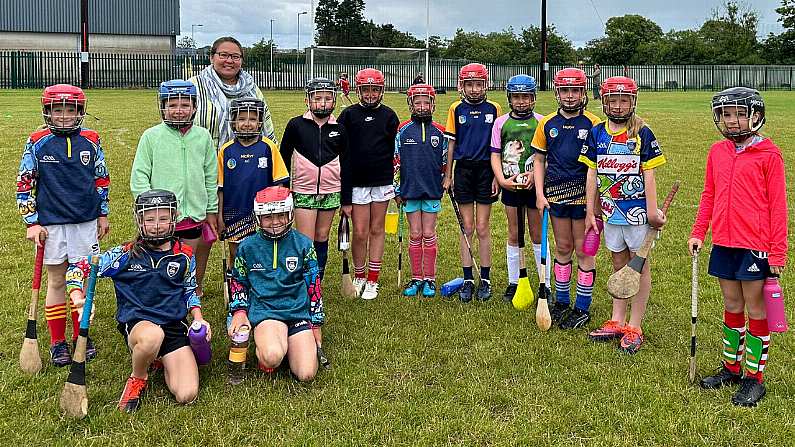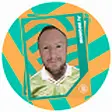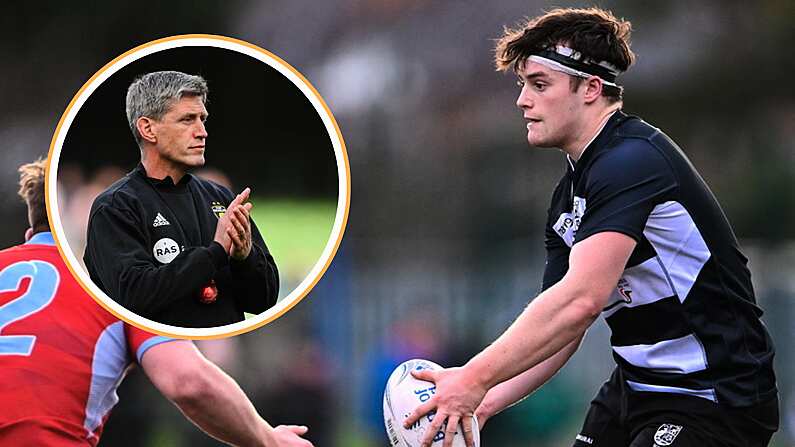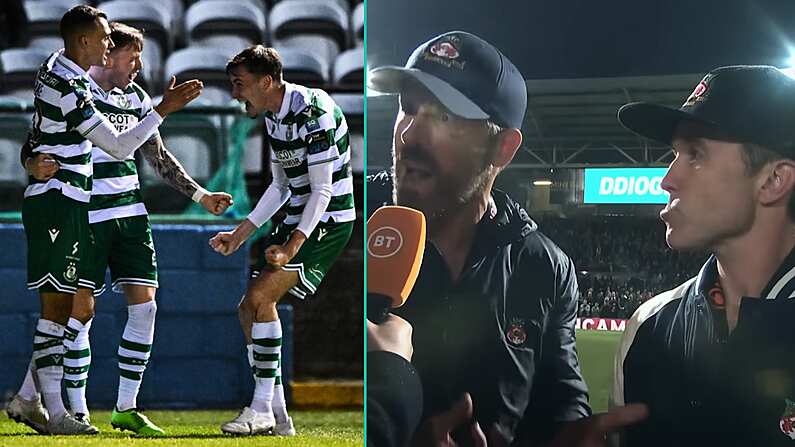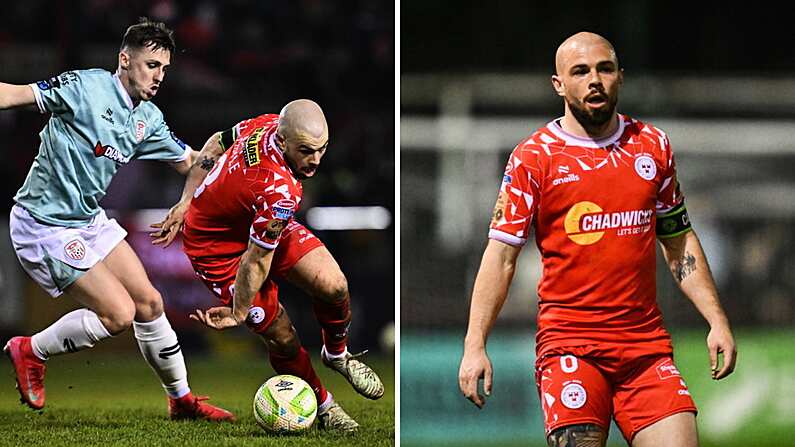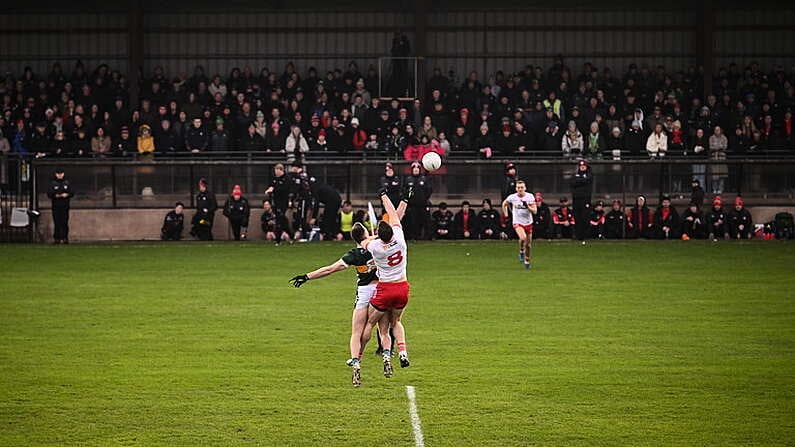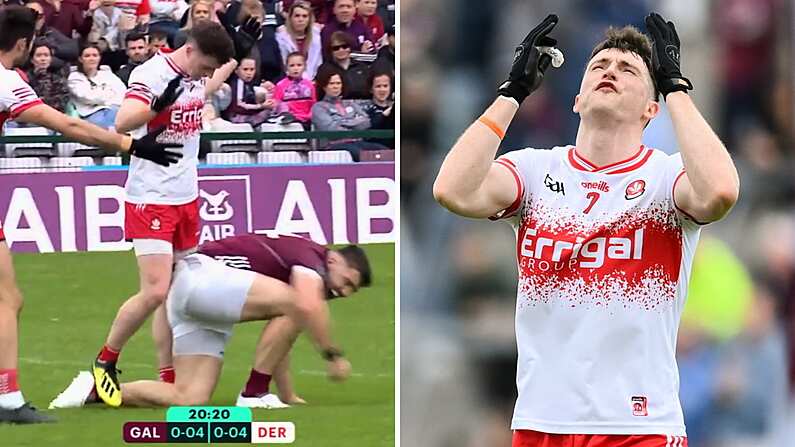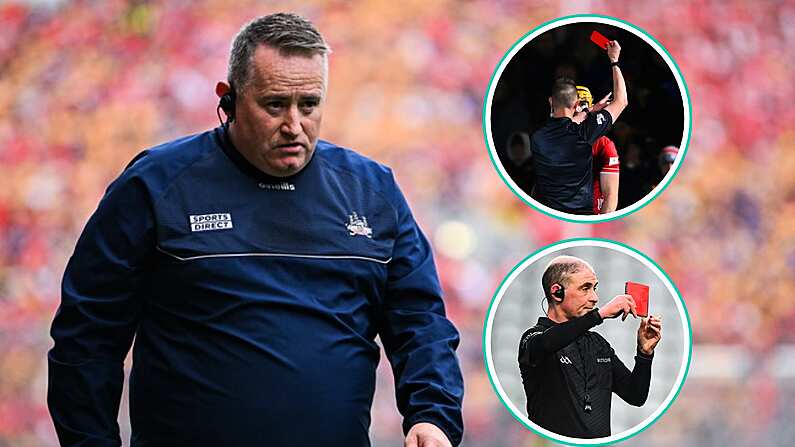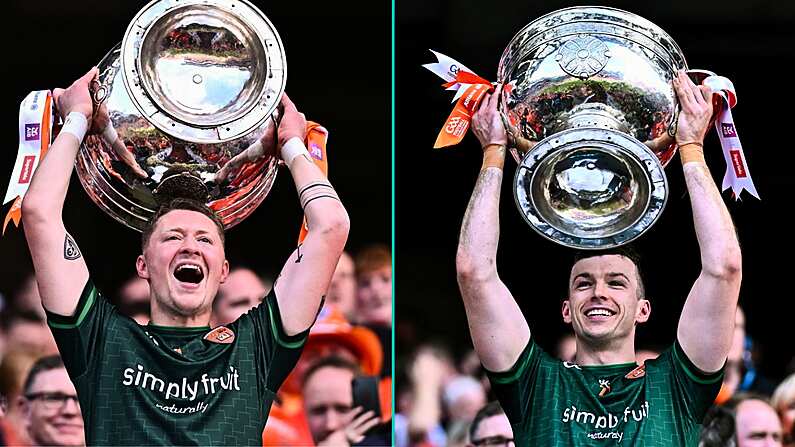Jennet O'Driscoll recalls the first time she saw camogie being played. "I felt it was the most beautiful game ever for a girl," she says, "I remember being so amazed by how well they were trained." 21 years after moving to West Cork from her native Turkmenistan, Jennet is the one doing the training.
She arrived in Baltimore in August 2002 for a holiday. The regatta was on and the town was buzzing with people. Believing that Baltimore hummed year round as it did on the August Bank Holiday weekend, Jennet decided to extend her stay.
"September came, there was nobody left. It was a little bit of a shock," she says.
"Then I met my husband (Niall O'Driscoll). He's in a band called LOWmountain, and he plays guitar. At the time, they were playing with the Donagh Long band.
"One day Donagh told me, 'Do you want to come up to hear us? We have a band'. I used to live in Baltimore then, but I had no way to come into town. I had no car, nothing.
"He gave us a lift, myself and a bunch of other girls and we came in and I met my husband. We ended up getting married and having two small girls. Who would even know at the time that I would end up helping out in the local GAA club?'
Jennet has done more than help the Gaelic games community in the Skibbereen area. She's part of it. Two years ago, she was one of those who started a new camogie club in the town, formed under the wing of the St Patrick's Hurling Club, itself less than a decade old at the time.
Last year, after enrolling at the University of YouTube, Jennet began coaching U7s players. She has since completed courses but a rheumatoid arthritis diagnosis has put her coaching endeavours on hold.
"I'm hoping to go back to the training again because I love working with the small kiddies and they're just amazing," she says.
I was very worried at the beginning because we have these local clubs. This area is so tiny. The clubs are so strong - Castlehaven, O'Donovan Rossa, and Illen Rovers. They could be cousins but they would be fighting. They take it so big.
I was worried about that but I did the coaching courses and they explained that they're trying to change this, that there's a new way of trying to involve everybody, and give every kid an opportunity to play.
I was happy to do the coaching training, and to learn that was very important for me. I thought, 'Maybe it is OK for me to join the club and try to help out.
The long-term plan is for the camogie club to step out from under the St Patrick's umbrella and become an independent entity. Sponsorship, which the nascent club is struggling to get, would help achieve that aim.
When it does stand on its own two feet, the club will have a crest designed by Jennet's daughter Leila. Two years ago, aged 12, her design won a competition among local school pupils.
"When my daughter decided to do the logo, she thought it would be amazing to have a different name," says Jennet.
"She said the Phoenix Club will be lovely. Phoenix being strong, but at the same time, it's feminine. And then even if it dies or gets bitten, it'll come back really strong.
"The Phoenix colours, they were taken basically from the local clubs."
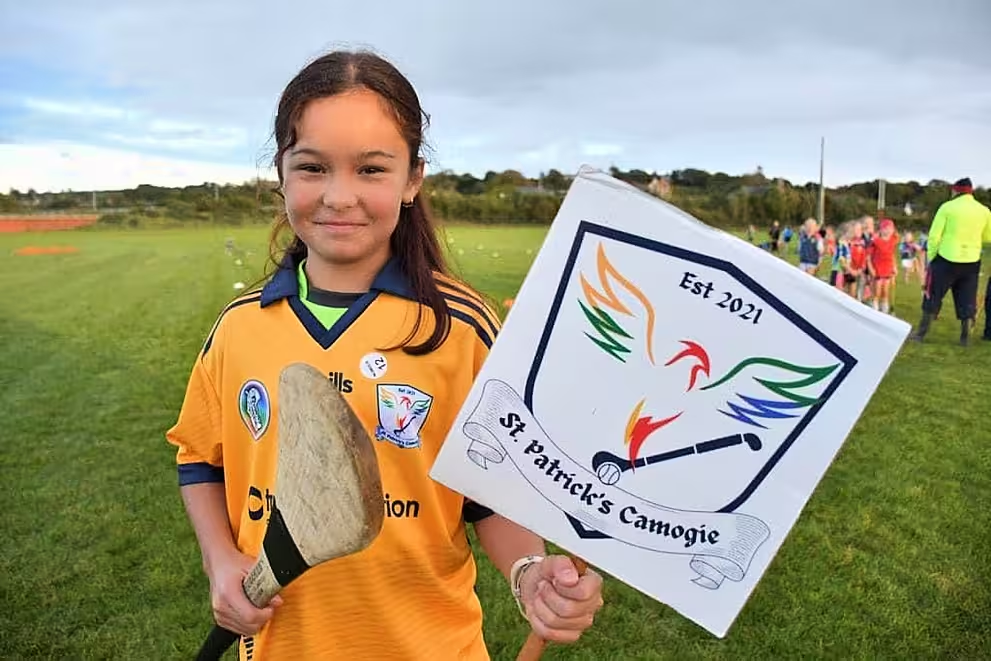
Leila O'Driscoll with her club crest design. Picture: Jennet O'Driscoll
When Jennet was growing up in Turkmenistan, her best friend's family moved to their father's native Ukraine following the death of their mother. Jennet stayed in touch. While Jennet was working as a flight attendant, they would meet up whenever she landed in Kyiv.
"Three years ago, she passed away from breast cancer and things were very tough - I struggled a lot, losing the best person I had for so long. It doesn't matter how far [apart] we live, we would keep in touch every week," she says.
"Then when the war started [in Ukraine], my friend's sister, they ran away to the border between Hungary and Ukraine because they weren't sure what to do. I encouraged them to come over. I says, 'Look, come over here and I'll try to help out as much as I can. They weren't sure at first, but they came."
The handed she extended to her friend's sister has since been grasped by many others fleeing the war.
"I work very closely with Ukrainian refugees because I speak the language," says Jennet.
"I ended up helping one person, then the second, third and ended up starting the Skibbereen Supports Ukrainians Facebook page.
"We started to share what they need to know, what support is available in West Cork. We're still surprised that they don't even have a one connection point where, if anything happens, Ukrainians can go and ask for support. They have to go all the way go to Dublin.
"Being a foreigner here, I know how hard it is and if it wouldn't be for my family, it would have been really hard. And there were times when it was really hard.
"I know how it feels like, I know how hard it is. And especially for them that they had to flee their home without even wanting to do that. It made me feel very sad. I suppose by word of mouth, everyone comes in and they ring me. One person passed out my phone number to another person.
"If they're sick now, I go a lot to the medical centre to translate for them because lots of them still don't have the language and they struggle to learn.
"Elderly people, for example, they're finding it very hard to learn the language because they can't even go and find even work. Usually, if you work somewhere you learn [the language] faster.
"Now they do have English lessons here which are run by the government. It's still hard for them. Can you imagine if you are 60-something and you are put in there to learn English? They do struggle with that."
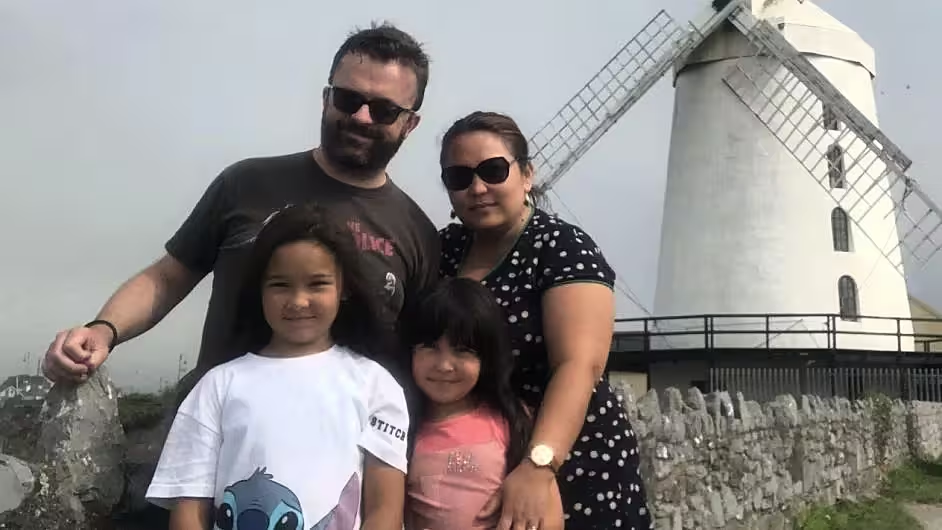
Jennet Toylyeva O’Driscoll with her husband Niall and their daughters Leila and Yasmine
Jennet, and friends, show the new arrivals that there is a West Cork beyond the four walls of their accommodation, taking them out to the islands and beaches. She also encourages them to get involved in the local GAA clubs.
"I helped sign up a lot of the Ukrainian kids as well into the GAA," she says.
"Some of them, they barely speak the language, but put them in a GAA pitch, and they're just gone and there's a focus in them that is amazing.
"It's very important for Ukrainians to be involved because a lot of the kids are now out of school. Summer is long and when you live in a hotel... What they say themselves is they're blessed to have a place to live but at the same time, you can imagine it's a small room and there may be a family of four - a mother and three kids in that room constantly and it's quite hard.
"We are lucky that I do speak the language. Definitely, the GAA could help more. At the moment they don't have much of an advertisement from the GAA just to invite them.
"Even just make up the ad in Ukrainian because I do a lot of, I suppose what you call advertising myself for them, for GAA, telling how great is for your child's physical [health] and also socially. They learn English faster.
"Even for the parents themselves, they are going out and bringing their children over to the GAA pitch, they end up meeting people as well because I'd be introducing them."
We live in an Ireland where a day rarely goes by without the racket of anti-immigration protests. It's a noise amplified by the media and social media but also one which does not reverberate everywhere.
There are also communities not just quietly coexisting but helping those who were not born here to make this island their home. Jennet sees a West Cork where a shop owner gives out free phones to Ukrainian refugees and where a sailing club holds special classes for those escaping the conflict.
"My husband laughs," says Jennet.
"He's been born and bred here in West Cork. In Skibbereen, he's a local guy, but I'm introducing him to people. I'd be saying, 'How do you not know Paddy?'
"It's nice, I suppose. For me, I'm trying to make the place feel more like home. And since I start to be involved in GAA, and everything else, I feel more at home than I was before and it makes me feel happy.
"It's my kid’s future, it's their home now. They were born here and they don't know anything different. It's very important to show them to be involved in the community is a big thing and I'm very proud of that."


